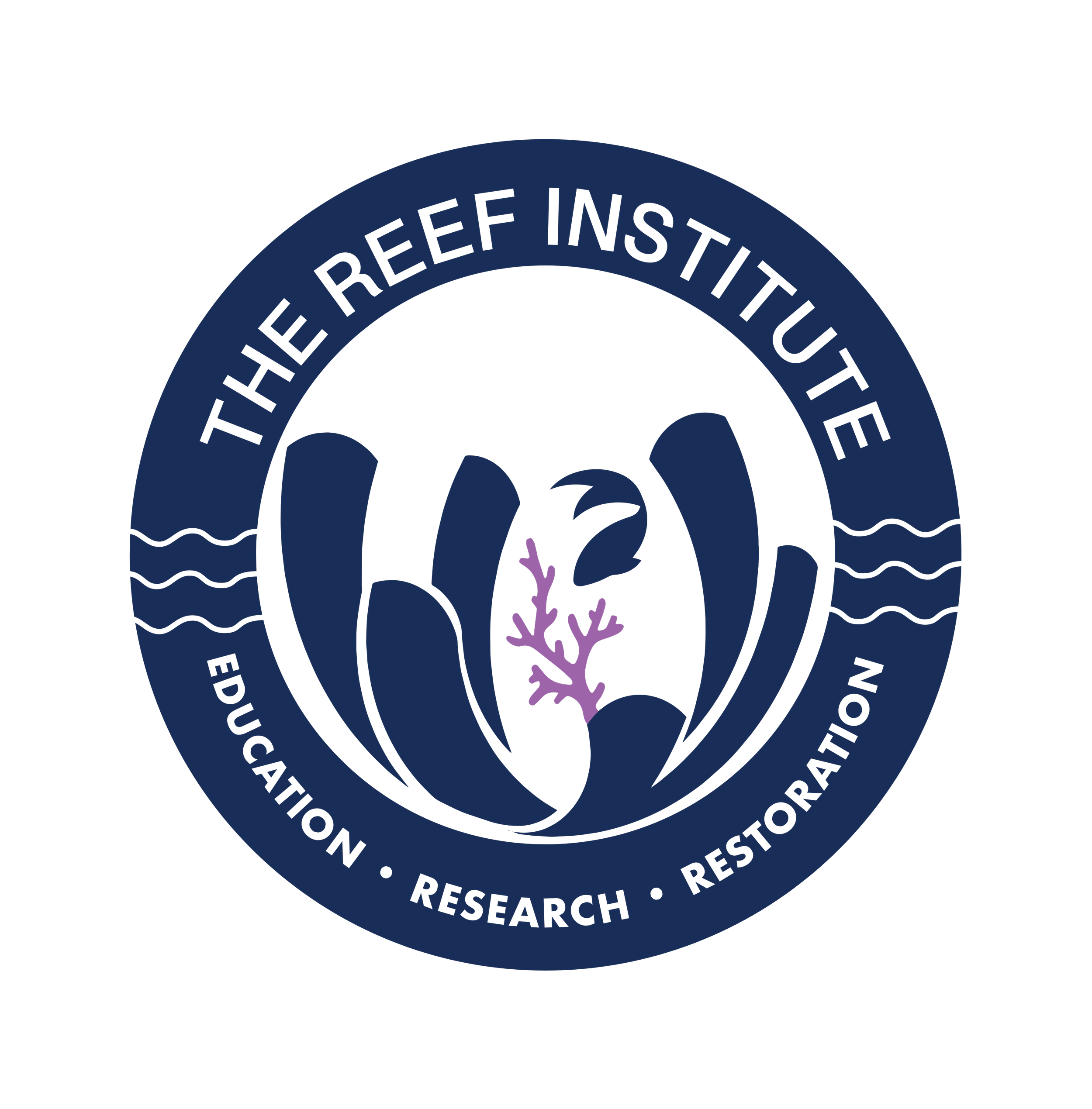The Marine Living Structures Initiative
A collaboration between The Reef Institute and Michael Singer Studio
About The Project
No singular organization will be able to save the ocean. This is how the Marine Living Structures Initiative (MLSI) was born. This collaborative program merges sustainable materials, engineering, biological habitat design and innovative surface textures to create reef modules that support the regeneration of marine habitats and enhance coastal resiliency. The MLSI collaboration is led by TRI as the scientific, research, monitoring and testing leader and Michael Singer Studio (MSS) as the design and fabrication leader. MLSI builds upon MSS's successful related projects throughout Palm Beach County and across the world.
As Florida's coral reefs are down to less than 2% of its original coverage it is important to do whatever we can to help bring restoration. MLSI does just this with their reef modules. MLSI seeks to create innovation in this space with new artificial reef materials, design, fabrication and deployment with the specific goal of optimizing both marine habitat regeneration and coastal resiliency. These living structures will not only act as a habitat, but will form assemblies that strengthen as they grow, potentially creating new forms of hybrid 'green gray' infrastructure that protect coastlines while enhancing local ecosystems and cleansing water. Each structure is built using "wave tiles."
The Marine Living Structures Initiative (MLSI) is developing new artificial reef materials and forms with the specific goal of optimizing marine habitat regeneration, coral recruitment and coastal resiliency. These living structures will not only act as a habitat, but will form assemblies that strengthen as they grow, creating new forms of hybrid 'green gray' infrastructure that protect coastlines while enhancing local ecosystems and cleaning water. MLSI’s ecologically engineered reef structures utilize cementitious matrices with 70% recycled content that are higher in strength, marine durability, and lower in carbon intensity than traditional concrete used for marine infrastructure. The Reef Institute has been testing these materials for over three years now. They have been focusing on how they support coral recruitment, growth and diversity, as well as supporting the ecosystems corals depend upon. The goal is to create an ecologically engineered system that thinks through all facets of need. Made out of recycled low-carbon environmentally regenerative materials at worst these materials do not effect the current ocean environment and at best become part of the natural surroundings. Varied holes, and grooves are built to attract invertebrates and small reef fish. Surface textures are in place for the settlement and recruitment of juvenile coral. Spacers can be placed between the units to create space for larger predators or tighten up to ensure only small animals settle in. Small spires stay in place for coral out planting. In short these structures were created to take a full 360 degree view of restoration: materials, wave attenuation, habitats and to allow coral to take over the man made structure. TRI is not looking to replace our dying reefs. Instead, these structures create a mechanism to help bolster our reefs, and give them a leg up.
Initial pilots were deployed within the coastal waters around Palm Beach County at permitted sites held by the Palm Beach County Department of Environmental Resources Management. A large 10’x 10’ system was deployed at the Sugar Sands site in Riviera Beach, and a singular “wave” tile was deployed at Peanut Island. The Peanut Island tile will remain in place until early November. TRI has already seen fish and invertebrates take up residence under the single tile, as they monitor this structure on a weekly basis.
Click HERE to read more about Michael Singer studio’s Marine Living Structure Initiative from an artistic point of view
MLSI Project Credits:
Singer Studio: Michael Singer, Jason Bregman and Jonathan Fogelson
The Reef Institute: Leneita Fix, Executive Director and Dr. Charlie Gregory
Installation Team: Industrial Divers Inc. and Jonathan Fogelson
Project Partners: Palm Beach County Department of Environmental Resources Management
Additional Support From: Ecological Associates, Inc. (documentation), Peanut Island Shuttle Boat
Pura Vida Divers, and the Palm Beach County Parks Department



